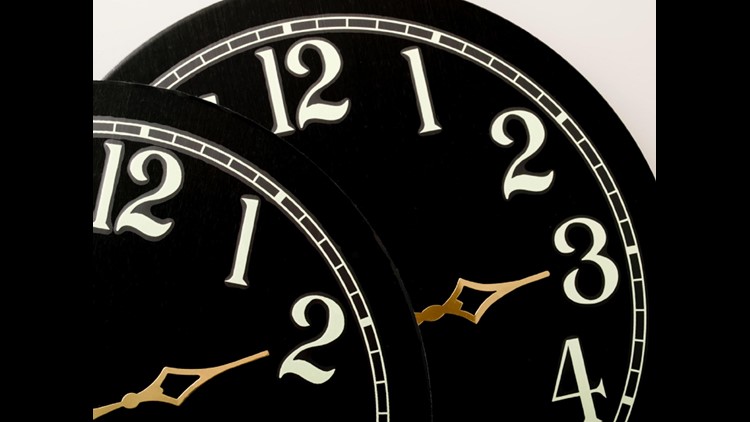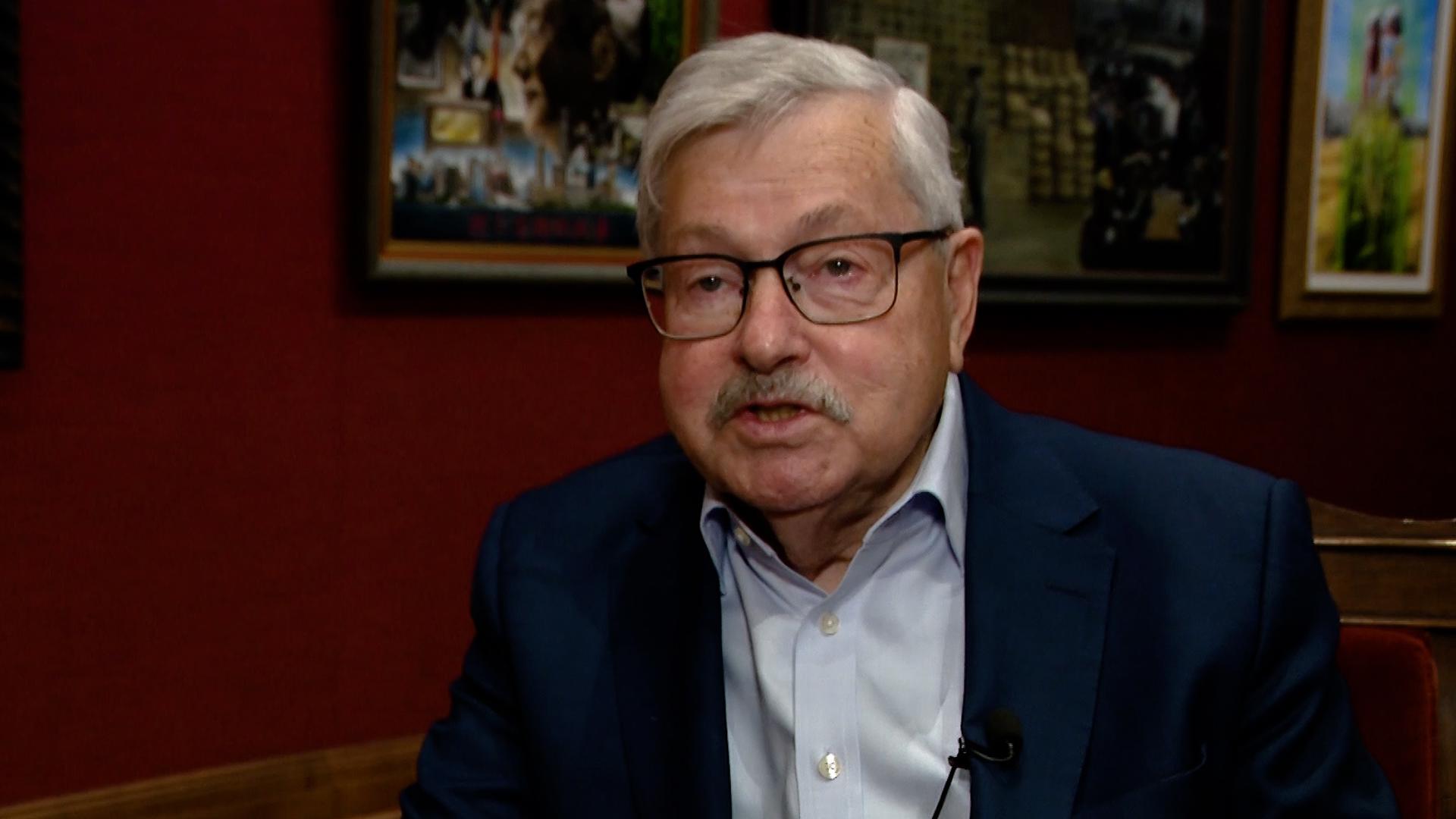DES MOINES, Iowa — The anxiety of setting your clock forwards and backwards each spring and fall could be a thing of the past in Iowa. But it would need some help from the federal government.
A bill introduced at the statehouse wants to establish daylight saving time (DST) as “the official time in this state throughout the year,” according to the Iowa Legislature.
DST begins the first Sunday of April every year, when clocks should “spring” forward one hour. That would mean the last time Iowa’s clocks change would be April 5, 2020, if the bill passed and was signed into law.
This bill was set to be discussed at the House of Representatives’ State Government Subcommittee meeting Tuesday afternoon.
Background on DST
The United States started using DST as early as 1918 with the enactment of the Standard Time Act. DST wasn’t an official federal policy until 1966 under the Uniform Time Act.
Did you know that the U.S. Department of Transportation oversees the nation’s time zones? Here’s why they think DST is important.
According to the National Conference of State Legislatures (NCSL), all states except for Hawaii and Arizona observe daylight saving time. Several territories, including Puerto Rico and U.S. Virgin Islands, don’t observe it either.
The future of daylight saving time
The NCSL says five states enacted DST legislation in 2019, however states need Congress to authorize the change. Maine currently has a bill enacted for DST to be year-round if Congress approves to do so and if all states in Eastern time zone and Washington D.C. observe it as well.
Oregon, Utah and Arkansas adopted DST resolutions in 2019. Arkansas, for example, requests that the federal government to allow states the ability to spring forward and maintain that time permanently.
Meanwhile, 16 other states besides Iowa have pending legislation on DST.
DST legislation in 17 states has failed. For example, Mississippi has failed to pass state legislation nine times in 2019.
The likelihood of any DST legislation being approved on the federal level isn’t clear.



